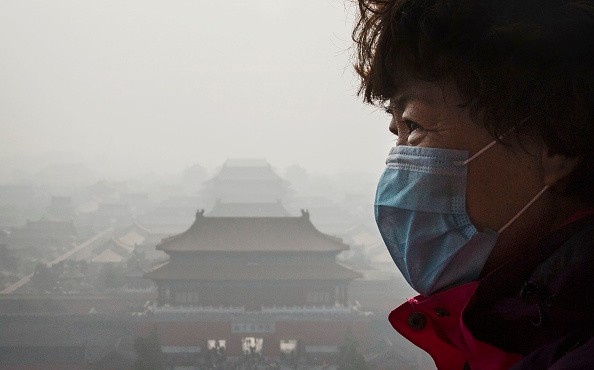The air pollution crisis has become so rampant in the modern world that it now poses serious health risks to four out of five people who live in developing world cities. These are the findings of a survey conducted by the World Health Organization (WHO).
Air pollution is now the leading cause of deaths around that globally take place every year. An exposure to smog raises the risk of premature death from heart and lung diseases, according to a new WHO report.
The organization estimates that more than 80 percent of the city-dwellers are now at an increased risk of such ailments, all because of the rate at which smog is increasing around the world.
WHO based its conclusion on the data from it's global air pollution database, which tracks the annual mean concentration of fine particulate matter across different cities around the world. Fine particulate matter comprises minute particles of carbon, sulfates and nitrates that settle down in the human body and may result in a number of ailments.
To assess the levels of air pollution across different regions, the organization specifically looked at air pollution particles smaller than 10 or 2.5 microns. The data were collected for 795 cities across 67 countries between 2008 and 2013.
The analysis of the data revealed that more than 98 percent of the cities in the developing world, including middle and low income countries, do not fall anywhere near the WHO's standard for air quality. This, in turn, puts the residents at an increased risk of a number of fatal conditions such as stroke, respiratory illness and heart disease.
The survey further found that global air pollution levels have increased by 8 percent, despite improvement in individual regions. Overall, the urban air pollution level was the lowest in high income countries. On the other hand, Eastern Mediterranean and South-East Asian countries had annual mean levels 5 to 10 times more than the normal WHO limits.
"It is crucial for city and national governments to make urban air quality a health and development priority," WHO's Dnr Carlos Dora said in a press statement. "When air quality improves, health costs from air pollution-related diseases shrink, worker productivity expands and life expectancy grows."
Here is a video describing the impact of air pollution on lung health:



























